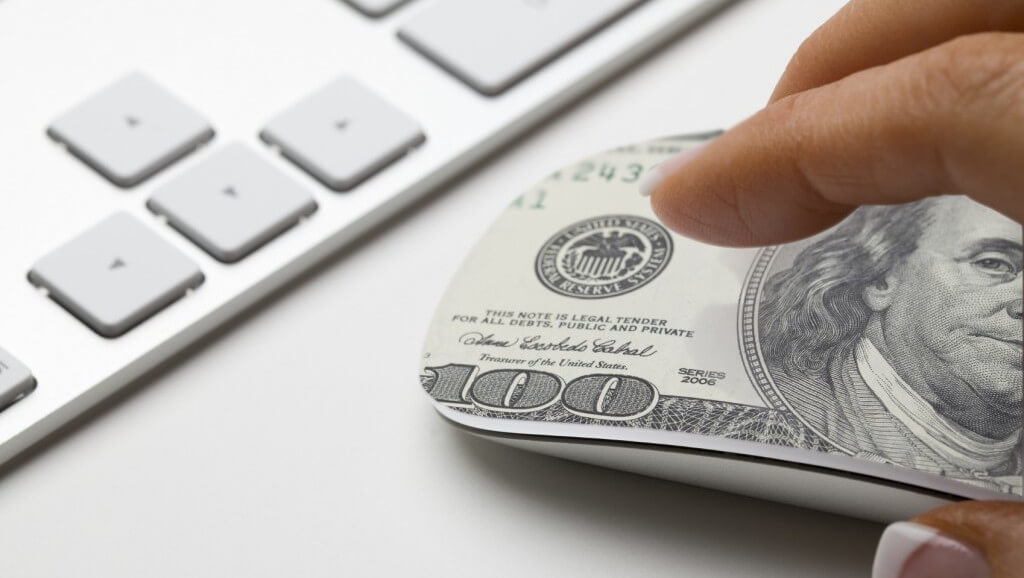
Hotel marketers, take a deep breath – 2024 was a whirlwind, wasn’t it?
NB: This is an article from RateGain
Subscribe to our weekly newsletter and stay up to date
AI officially moved from buzzword to business-as-usual, with tools like Google’s Gemini and Microsoft’s Copilot changing how we create ads, manage campaigns, and even analyze performance.
Privacy updates threw yet another curveball, with third-party cookies trying to fade into the sunset, but then Google reversed its decision, and platforms stepped up with new privacy-friendly targeting solutions.
Oh, and let’s not forget TikTok and Reddit leveling up their ad platforms, making them serious players for advertisers looking to diversify beyond Google and Facebook.
And then there’s Google’s AI-generated search overviews. If you haven’t seen them yet, they’re already shifting how ads show up in search results, adding new dynamics to a space we thought we had figured out.
Basically, the industry didn’t slow down this year – it sped up.
As we head into 2025, the message is clear: Staying still is not an option. The platforms are evolving, consumer behavior is shifting, and if you’re not testing, adapting, and optimizing, you’re falling behind.
This is especially critical for hoteliers. Research shows that today’s travelers visit an average of 277 web pages before booking a trip, up from just 38 websites in 2013. With consumers spending more than five hours over 45 days researching trips, the booking process has become a marathon. Your marketing strategy needs to simplify this experience, capture attention across touchpoints, and drive value to remain competitive.
Whether it’s leaning into AI, rethinking targeting, or getting smarter about ad spend, here are seven ways hotel marketers can level up their paid media strategies in 2025.
1. Embrace Conversational AI for Ad Creation
Conversational AI tools like Google’s Gemini and Microsoft’s Copilot allow hotel marketers to create and optimize ads interactively.
To get started, use AI-generated ad copy tests on platforms like Google Ads. Let AI suggest new variations that shift from standard calls-to-action to more benefits-driven or storytelling formats. This helps resonate with travelers who are fatigued from repetitive booking searches.
AI also personalizes ads at scale by leveraging location- or interest-based insights. For example, target adventure seekers with ads highlighting local excursions while tailoring separate messaging for business travelers.
And remember to review AI content regularly. Set aside time monthly to evaluate recurring suggestions. Some AI insights could reveal opportunities you hadn’t considered.
2. Refine Ad Targeting With Data Privacy in Mind
As third-party cookies decline, privacy-centric targeting is crucial. Google’s enhanced privacy features and Microsoft’s predictive audience segmentation are tools you need to master.
First, develop a strong first-party data strategy by auditing current data collection practices. Hoteliers can gather insights from booking engines, loyalty programs, and CRM systems.
Also, prepare for changes to Google’s Customer Match policy in January 2025. Ensure all first-party data complies with consent regulations by adopting cookie consent managers and transparency banners. Being upfront about how you use customer data builds trust and ensures access to advanced targeting features.
3. Optimize for AI-Driven Search Ad Placements
Google’s AI-generated search summaries are reshaping search result placements. These dynamic spaces can boost visibility if you optimize correctly.
- Monitor Click-Through Rates on AI Influenced Placements: Track performance differences between AI-generated and traditional SERPs to identify engagement trends.
- Create Specialized Assets for AI Overviews: Use concise CTAs, clear headlines, and attention-grabbing visuals.
- Leverage Performance Max Campaign Insights: Google’s Performance Max helps fine-tune creative elements for AI placements across channels.
These steps can help your ads stand out when travelers bounce between pages searching for the best booking options.




